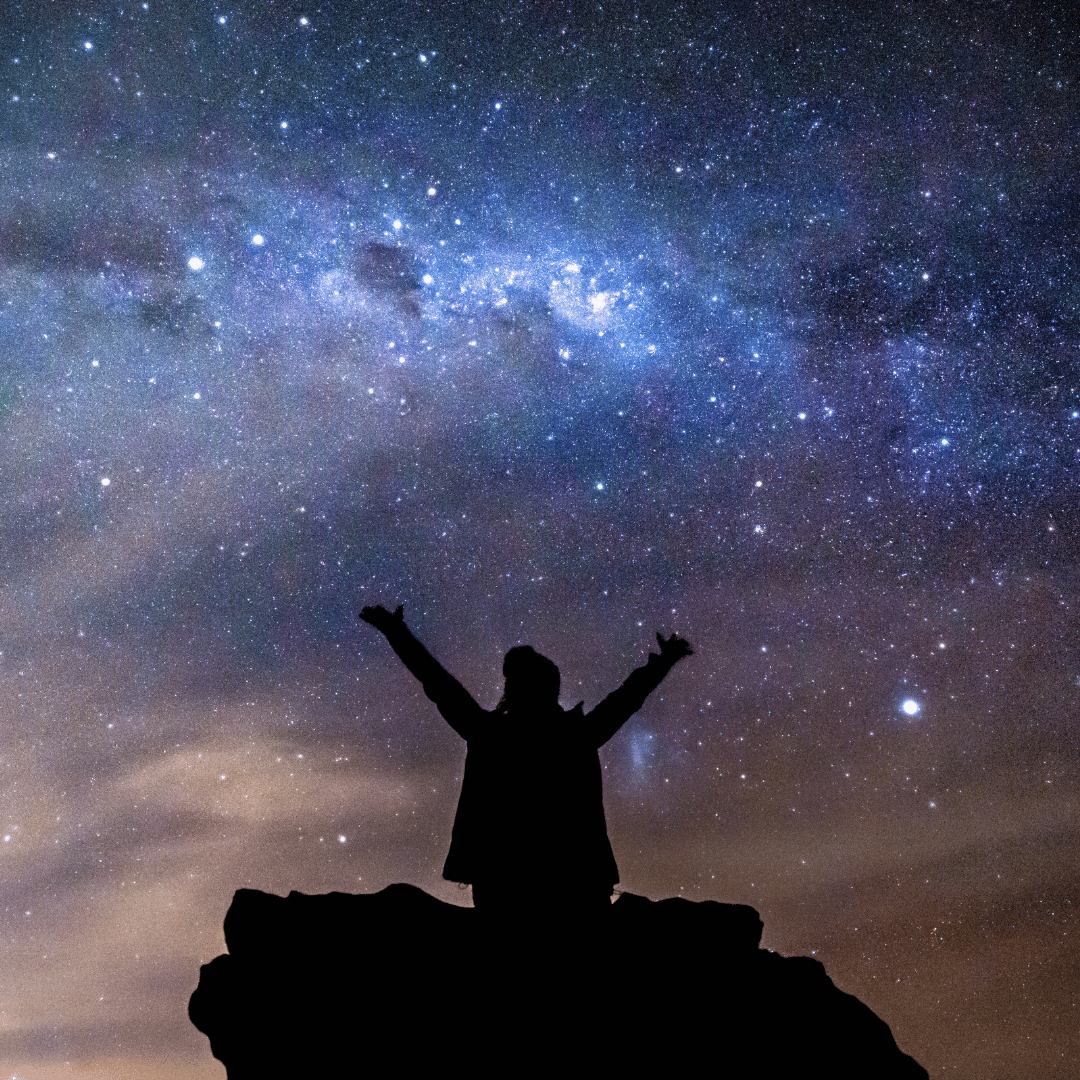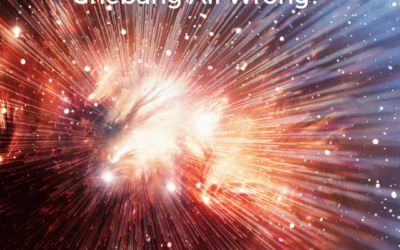Following on the tail of my last post, I’d like to share some philosophical implications of challenging the prevailing models of space, time, and the universe. Let’s take a closer look at some of the beliefs, worldviews, and perceptions of reality that might be up for revision.
Nature of Reality: If our models of the universe are fundamentally revised, it can alter our understanding of what is “real.” For example, if multiple universes are posited, it raises questions about the nature of existence and reality in other universes.
Place in the Cosmos: Historically, shifts in our understanding of the universe, such as the move from geocentrism to heliocentrism, have impacted humanity’s perceived place in the cosmos. If, for instance, we discover that our universe is just one among many, it could further challenge notions of human significance.
Causality and Determinism: Changes in our understanding of time and space might affect our beliefs about the relationship between cause and effect. If time isn’t as linear as we perceive, our classical, deterministic view of causality may need revisiting.
Epistemology: How we know what we know (epistemology) is directly impacted by our models of the universe. If those models are challenged, it can raise questions about the reliability of our knowledge and the methods we use to attain it.
Temporal Experience: If our understanding of time changes, it may lead to new explorations of how we experience the past, present, and future. It can also raise questions about the nature of memory, anticipation, and consciousness.
Concept of Self: Our understanding of the universe can shape our view of the self. For instance, if the universe is deterministic, it has implications for free will and personal agency. Conversely, a non-deterministic universe might emphasize freedom and randomness.
Existential Meaning: A revised understanding of the cosmos can impact our search for meaning. For instance, if our universe is just a temporary or local manifestation in a broader multiverse, it may prompt new existential reflections on purpose, destiny, and mortality.
Limits of Understanding: Challenging prevailing models might highlight the potential limits of human cognition. It could underscore that certain aspects of reality might be forever beyond our comprehension due to our evolutionary and cognitive limitations.
Interplay between Science and Philosophy: Significant changes in our scientific understanding often blur the lines between science and philosophy, emphasizing their symbiotic relationship. Philosophical inquiry can guide scientific exploration and vice versa.
Religious Implications: Religious beliefs often intersect with cosmological views. Significant shifts in our understanding of the universe can influence or be influenced by theological concepts, either challenging or corroborating religious narratives.
Moral and Ethical Implications: New insights into the universe’s nature can indirectly affect our moral and ethical paradigms. For instance, discovering life elsewhere can expand our ethical considerations to extraterrestrial life forms.
Nature of Change: A fluid universe model where everything is constantly in flux might impact our philosophical perceptions of change, permanence, and the transient nature of existence.
Yep, when our current models of space, time, and the universe are challenged, it triggers a cascade of reflections and inquiries into the most fundamental aspects of existence, knowledge, and meaning. What’s more, these reflections inevitably highlight the limitations of the mind’s capacity to reconcile concepts that force it into unfamiliar territory. Territories that defy logic and demand a quantum leap beyond the dualistic mind – a leap that we may not be capable of bridging at the current level of our evolution.
Or are we? And if so, how would we know? Is it worth checking into the spiritual adepts who have cultivated non-dual consciousness over millennia and reported a different understanding of the nature of consciousness, reality, and existence? Might they know a thing or two we don’t yet know? Check out my next post on Tantric Wisdom.



0 Comments